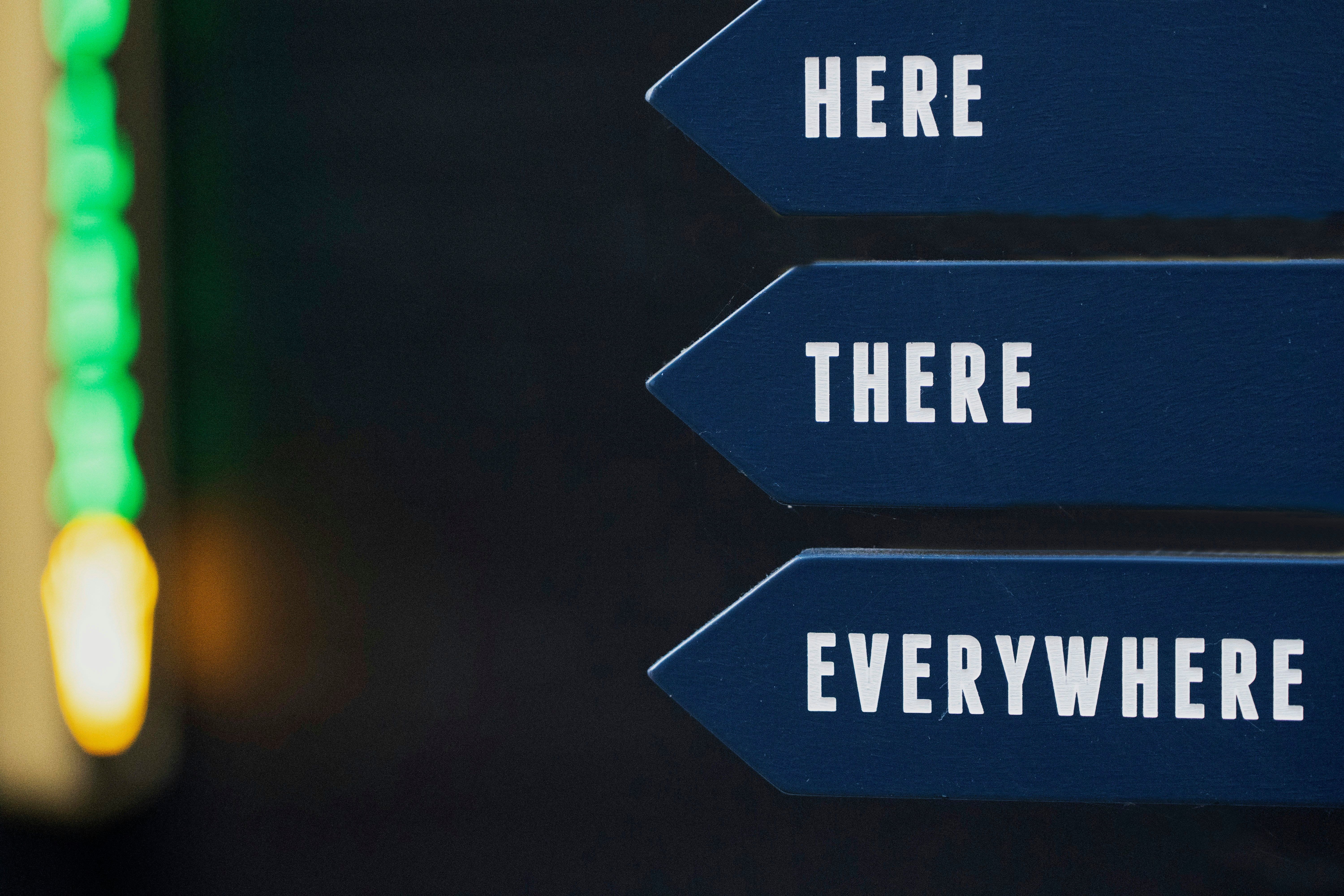Nocturnal Individuals Experience Swift Cognitive Decay Over Time
Night owls may face a higher risk of cognitive decline over time, as suggested by a long-term study conducted by UMCG researchers. The findings reveal that evening types show faster cognitive deterioration than morning persons by up to 25% over a ten-year period.
Behavioral factors such as smoking, drinking, and poor sleep are thought to contribute to this increased risk, especially among higher-educated individuals whose work schedules often conflict with their natural sleep patterns. While chronotype is largely genetically determined, aligning daily routines with one's biological clock might help safeguard long-term brain health.
According to researcher Ana Wenzler, more frequent unhealthy behavior, including smoking and poor sleep, is found in the evening. In their study, Wenzler and her team found that these habits accounted for approximately 25% of the cognitive decline associated with eveningness.
Interestingly, the difference was found primarily in higher-educated individuals. Wenzler explains this could be due to their sleep rhythm, which tends to conflict with early work schedules, causing them to sleep too little, hence offering insufficient rest for the brain.
For individuals who naturally stay up late, Wenzler advises making adjustments to their lifestyle and living as harmoniously as possible with their natural sleep rhythm. Attempting to sleep earlier may not be feasible, especially if the body's melatonin levels have not yet risen. Lower- or middle-educated individuals are believed to have jobs that offer more flexibility, such as those in the hospitality industry or those with night shifts, which may contribute to healthier sleep patterns overall.
Wenzler's research team is currently investigating whether evening types are more likely to develop dementia. While faster cognitive decline in middle age does not automatically translate to an increased risk of dementia, understanding this connection could provide valuable insights into dementia prevention strategies.
- Neuroscience news suggests night owls might experience a higher rate of cognitive decline due to factors like smoking, drinking, and poor sleep, especially among higher-educated individuals whose work schedules often clash with their natural sleep patterns.
- According to a study by UMCG researchers, evening types exhibit faster cognitive deterioration than morning persons by up to 25% over a ten-year period, with more frequent unhealthy behaviors contributing to this difference.
- Aligning daily routines with one's biological clock might help safeguard long-term brain health, as behavioral factors can play a significant role in cognitive decline among evening types.
- Researcher Ana Wenzler's study reveals that unhealthy habits, such as smoking and poor sleep, are more prevalent in evening types, accounting for approximately 25% of the cognitive decline associated with eveningness.
- In her study, Wenzler found that the difference in cognitive decline was primarily evident among higher-educated individuals, who often find their sleep rhythms at odds with early work schedules.
- Wenzler's research team is currently exploring whether evening types are more likely to develop dementia, and understanding the connection could provide valuable insights into dementia prevention strategies, particularly in the field of health-and-wellness and mental health, which may ultimately impact chronic diseases and overall wellbeing.







